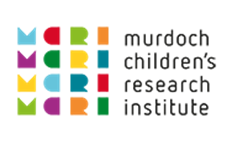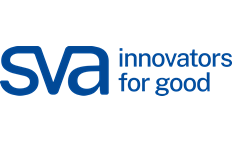Research
Phase 1: 2016-2021
RSTO completed research to develop evidence-based lead indicators to optimise the delivery of five fundamental early years strategies. These indicators have been published as a framework in the RSTO Indicator Guide.
The team tested the implementation of the lead indicator framework in seven communities across Victoria, New South Wales and Queensland with success—proving the use of the lead indicator framework was feasible. This work was co-funded by the Paul Ramsay Foundation, with Eureka Benevolent Foundation and the Department of Social Service.
Key findings from the first phase show:
- stacking the five fundamental strategies has a positive impact on children’s health and development
- best practice process metrics can be defined to help understand whether quality, quantity and participation standards are being achieved for the five strategies
- communities, service providers and government are not currently using best practice process metrics to enhance service delivery
- communities, service providers and government welcome RSTO’s approach to address this gap · community performance varies a lot
- quality and participation issues are routinely reported for services engaging children and families experiencing adversity or disadvantage
- there are real opportunities for system-wide responses alongside local solutions to improve service performance. Access our publications for more details and evidence on the benefits of stacking evidence-based key strategies in the early years.
Our technical papers explore how RSTO developed evidence-based lead indicators for each of the five fundamental strategies.
Phase 2: 2022-2023
The second phase of RSTO research is focusing on the barriers and enablers to collecting, interpreting and using Restacking indicators with communities and service providers.
Phase two has two main research activities:
- Mixed-methods studies with early years service providers and policy-makers across the five Restacking service strategies (i.e., surveys and interviews to understand workforce experience working with data, and perspectives on potential solutions)
- A systematic review of the academic literature describing evaluations of data literacy and data-based decision-making interventions in relevant service settings.
Both activities are informed by the Capability, Opportunity, Motivation, Behaviour (COM-B) model of behaviour change, which identifies three essential conditions for behaviour: Capability, Opportunity, and Motivation. Capability factors relate to an individual's physical and psychological abilities that enable behaviour. Opportunity encompasses factors that are external to the individual and that enable or constrain behaviour. Motivation refers to the automatic and reflective processes that energize and drive behaviour.
Phase two publications and resources are coming soon. The findings of the research will inform the design and development of prototypes.
Restacking the Odds is a collaboration between the Centre for Community Child Health at the Murdoch Children's Research Institute, Bain & Company and Social Ventures Australia.
RSTO would like to acknowledge the support of project partners the Paul Ramsay Foundation and PALO IT.
We acknowledge the Traditional Owners of the land on which we work and pay our respect to Elders past, present and emerging.




